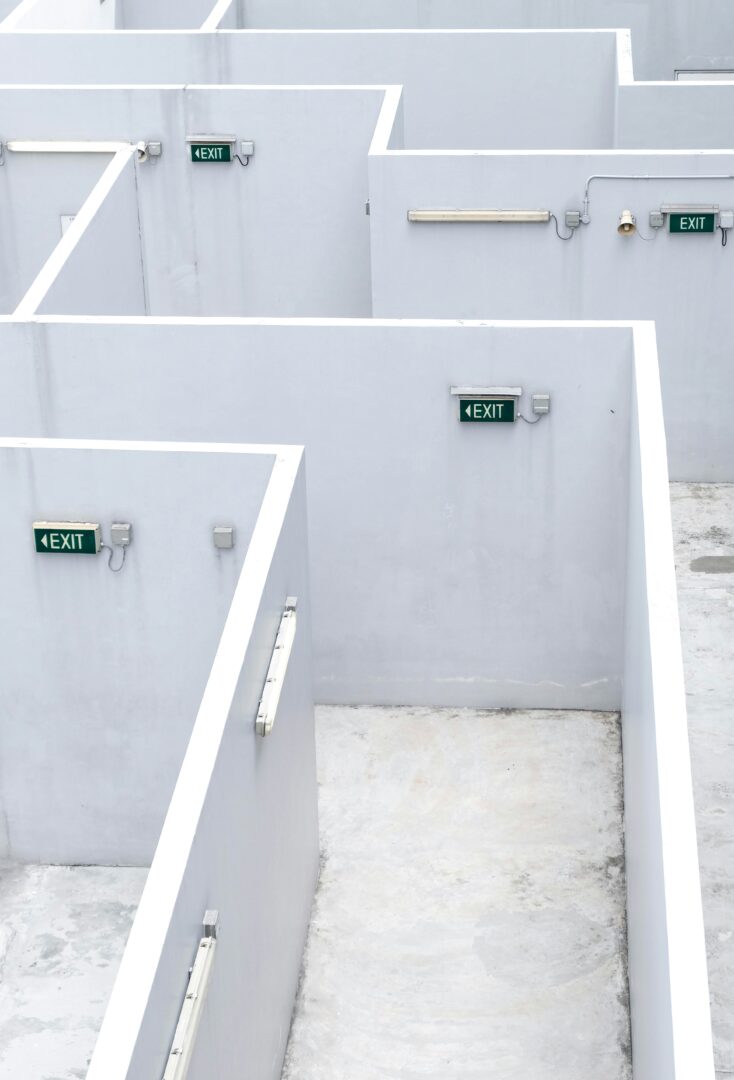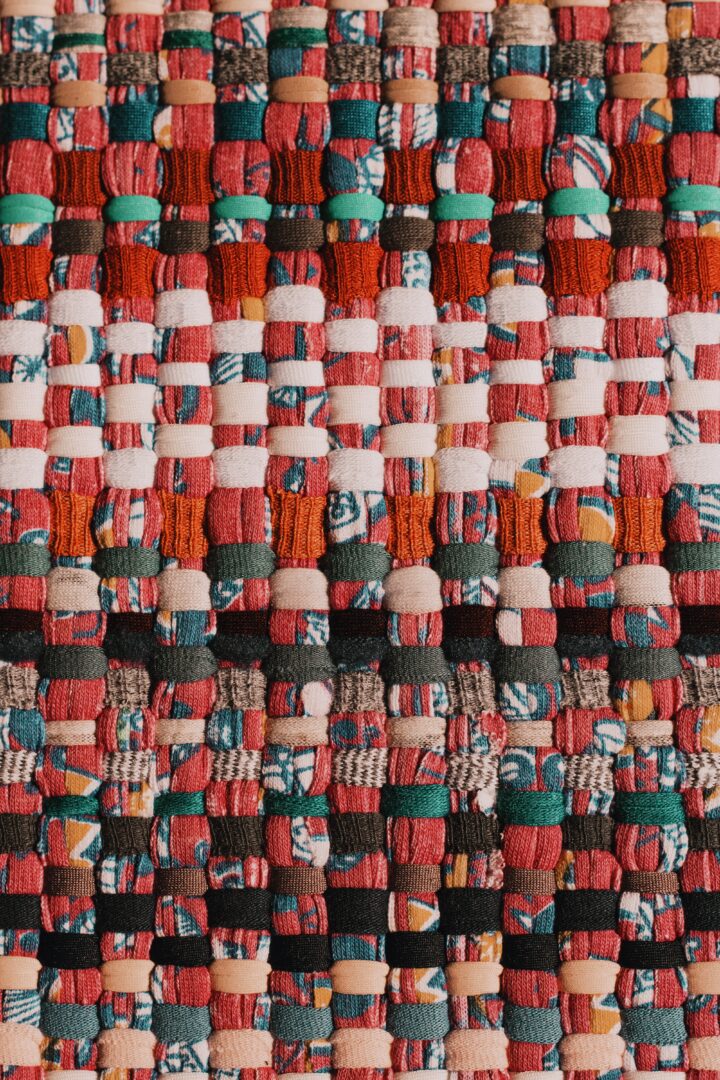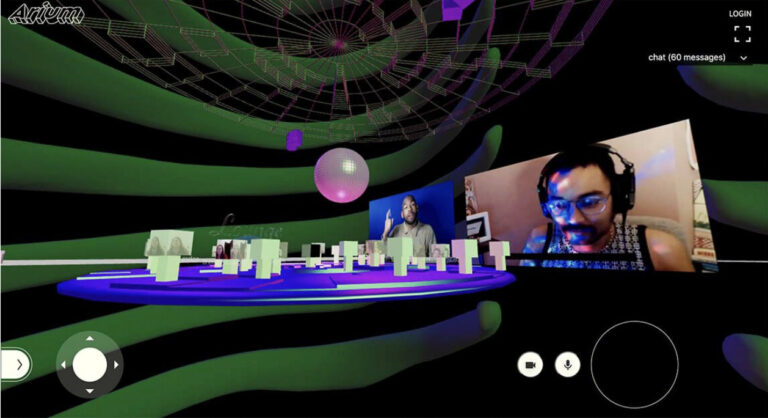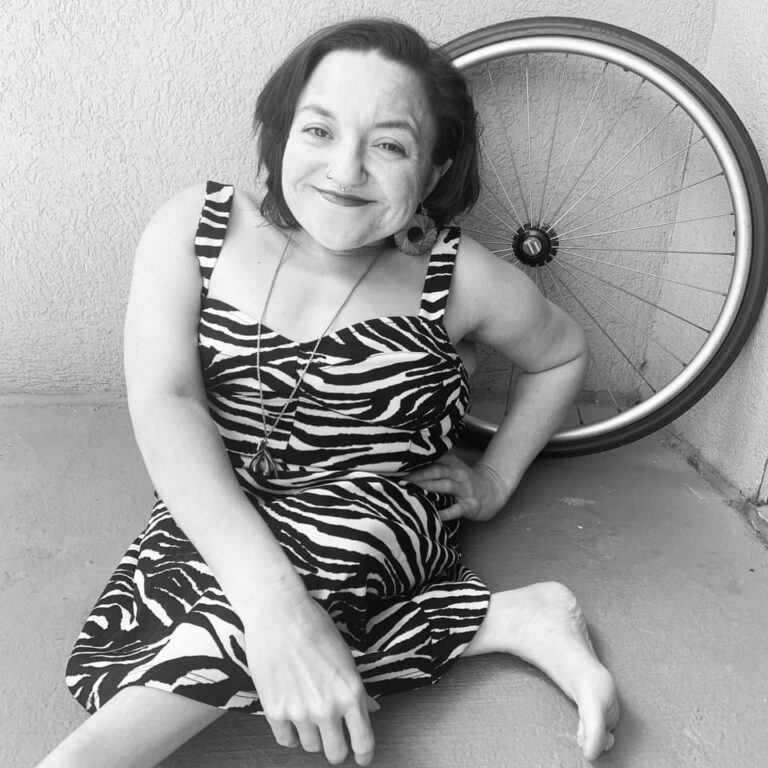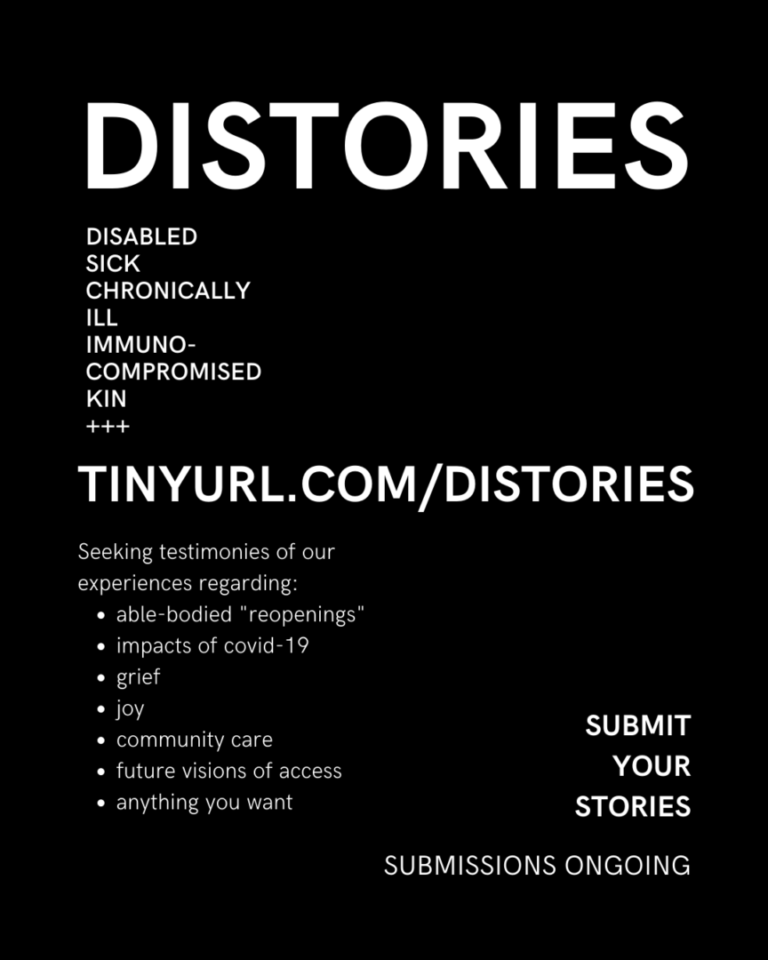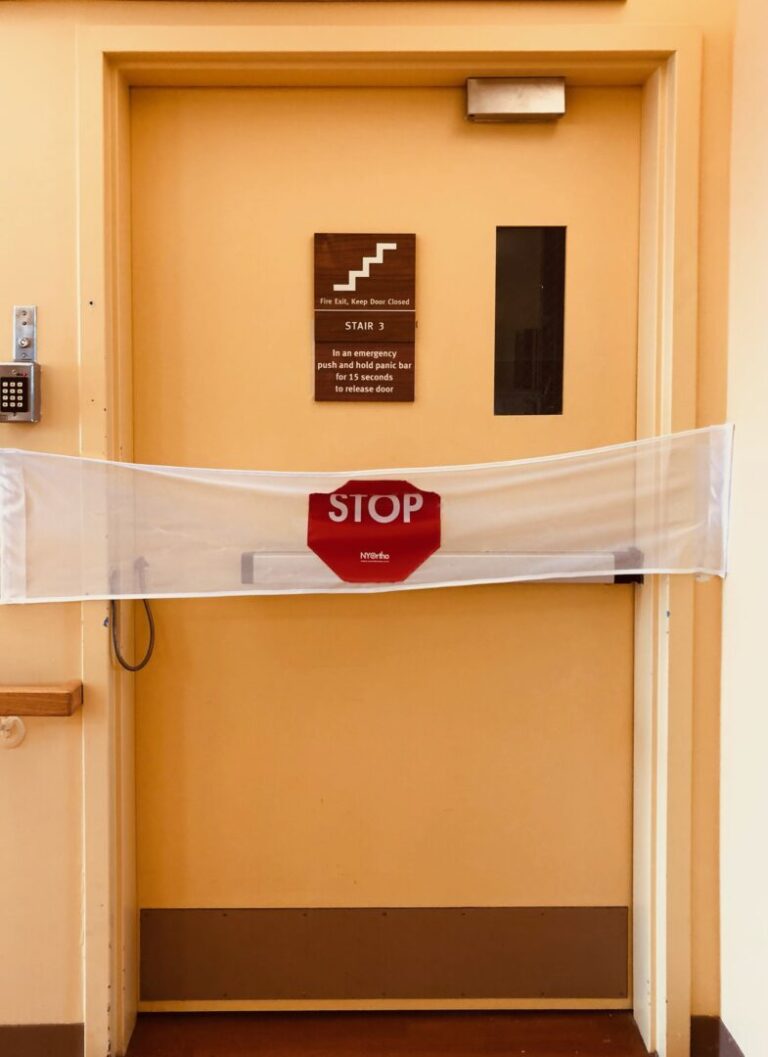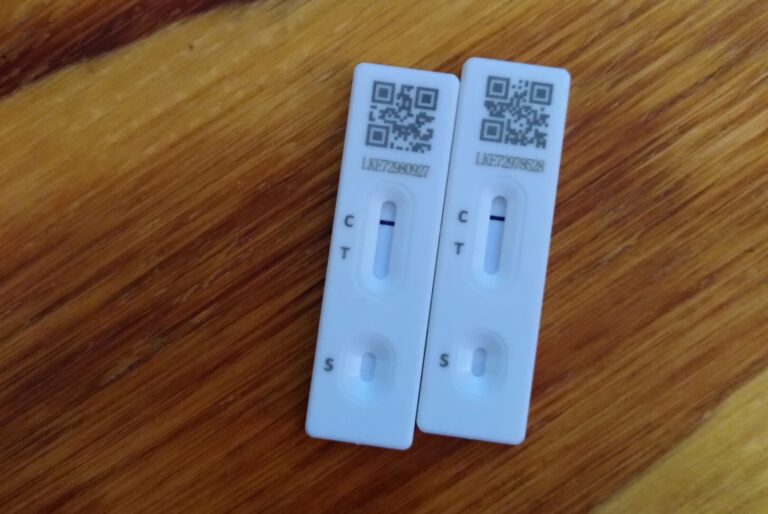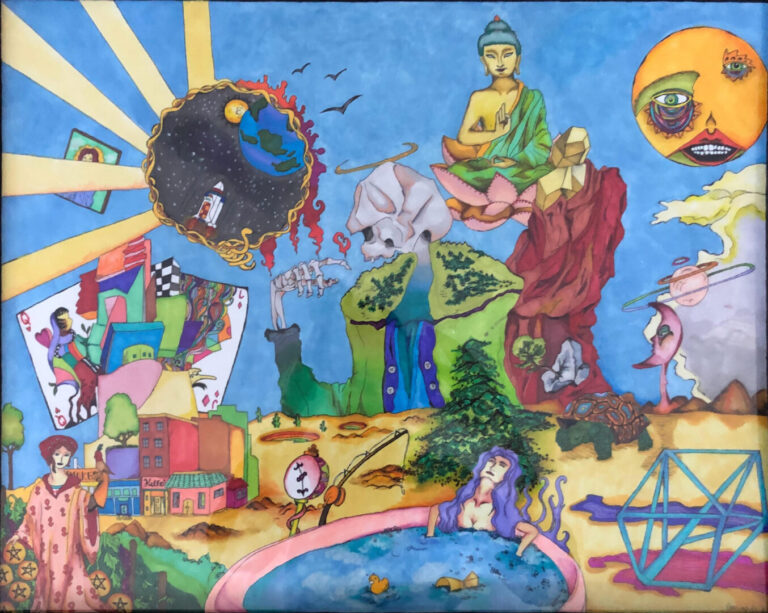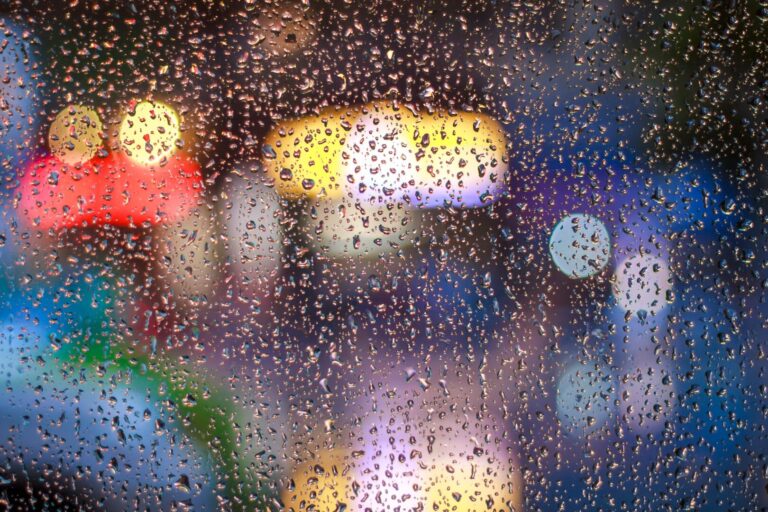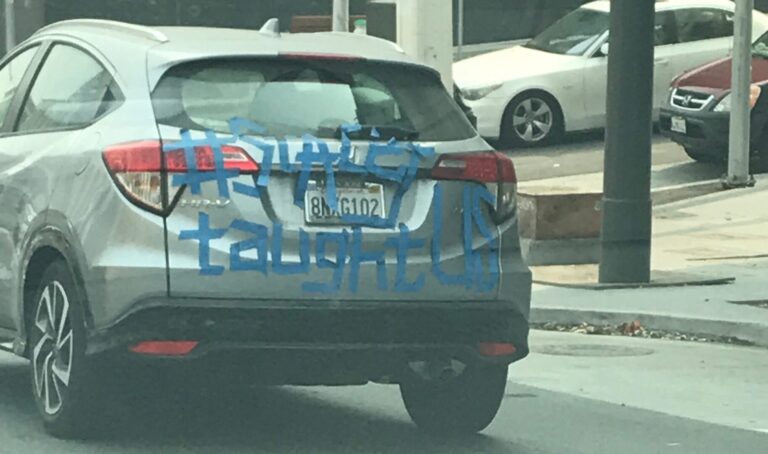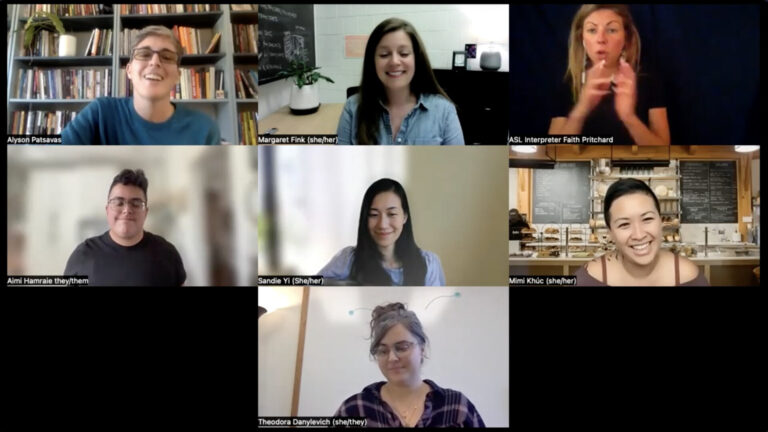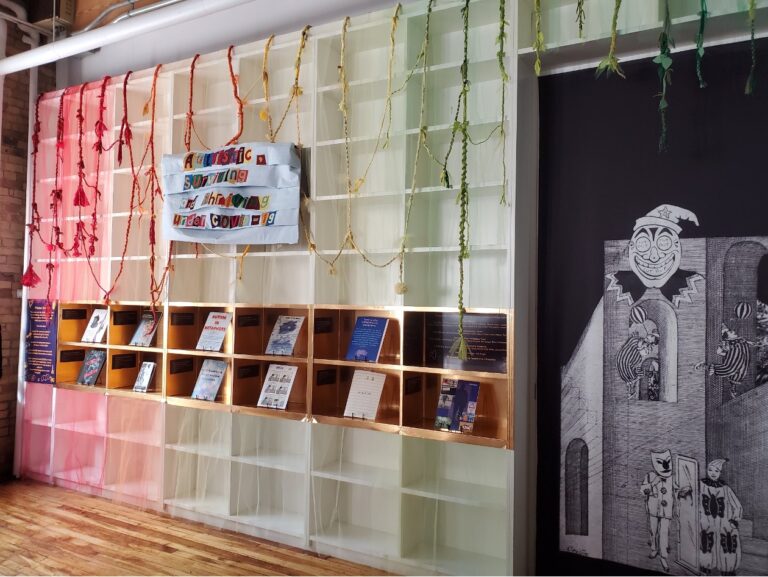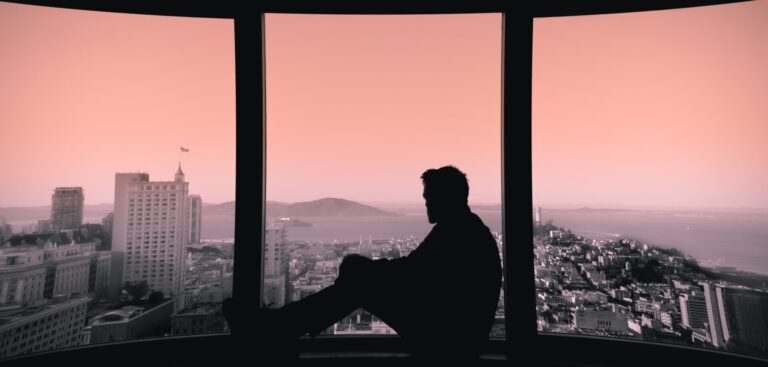Recent calls to “defund the police” have seen a plethora of movements decry state funds allocated to the police and ask that those funds be placed elsewhere. In this article, we return to Michel Foucault to analyze how calls for rebalancing budgets away from the police force and towards social projects both rely on political categories established in Foucault’s work and encapsulates an aporia that emerges through them. Locating shifts towards the carceral in the context of European modernity, Foucault suggests that policing moves away from the spectacular torture and punishment of sovereign and state and towards technologies of power that proliferate across the social body. Here, we suggest that in this movement between sovereignty and power emerges a central tension that Foucault is incapable of resolving—between an exteriorized sovereignty (death) that necessarily appears at the extreme limits of power (life)—which threatens to destabilize the domain of power altogether. Race—as it appears in the European frame and reaching a zenith in Nazi Germany—encapsulates Foucault’s attempted mitigation. If anything, this exacerbates the problem by rendering the terms of inclusion in the domain of power (of making life live) incoherent. To see why, we go on to show how freedom from racial slavery—as space of incapacity—is the conduit through which entry is possible into the differentiated power that supposedly limits the social. But as such, the slave precisely indexes the aporia for Foucault that cannot be sutured. The implications of this can be seen in the calls to defund the police insofar as it implicitly repeats Foucault’s shift from police to social power.
Special Sections
Special sections published within or across issues.
With Grief and Joy — Crip Pandemic Life: A Tapestry, Part II
This second installment of “Crip Pandemic Life: A Tapestry” opens with a reflection on transformative access and its visioning work. We weave this discussion through not only the eight new pieces found within this issue, but also through a reflection on the practices of access and care that enabled the writing, editing, and publication process itself. We conclude with two artifacts: The first is the “Accessible Knowledge Production Manifesto” that emerged as a collectively authored set of demands generated at a workshop we held in connection to the launch of our first installment of “Crip Pandemic Life.” The second is a link to a resource list, “Continuing Threads and Proliferations; Crip Pandemic Life Archive,” compiled by Corbin Outlaw, which links out to other pandemic projects documenting crip, disabled, chronically-ill, mad, and neurodivergent experiences, particularly highlighting experiences not captured within our tapestry of crip pandemic life.
Remote Access: A Crip Nightlife Party
Remote Access is a disability nightlife event informed by disability history, technology, and artistry. At the start of the COVID-19 pandemic, a collective of disabled artists and designers created an event to showcase how disabled people often participate in social life from our homes and beds. This contribution offers a living archive of the party and its evolution, as the planners created protocols for collective access through methodologies such as participatory audio description and live description of musical sound. We discuss how each new event offered opportunities for designing new practices based on disabled knowledge and expertise. As a result, the series of Remote Access nightlife parties became an ongoing opportunity to develop iterative accessibility protocols and community standards for remote/digital participation.
Corona Look of the Day: Social Media Posts About Disabled Beauty and Resistance in the Time of COVID-19
The authors created a photo and essay series entitled “Corona Look of the Day.” Each day we took photos of outfits paired with colorful makeup and inspired text descriptions about the beauty in disability. These posts were formulated as resistance to the eugenic discourse pervading the early days of the pandemic that argued disabled and elderly deaths were acceptable and probable. In contrast to this bleak assessment, this artistic series sought to affirm disability through uplifting portraiture.
DISTORIES
DISTORIES is a small open-source and open-access Instagram zine project, gathering testimonies from disabled contributors. This project began in the context of the summer of 2021, as mask mandates and general precautions around COVID-19 were being relaxed. Each chapter of the zine is introduced by a question, framing stories and snapshots of experience as well as demands, affirmations, and dreams shared by contributors. The project was stewarded by geunsaeng ahn from September 2021 to July 2022.
The Dedication: Leaving Evidence of Life, Death, Care, and Confinement During COVID-19
In 2020, the COVID-19 pandemic exploded and nursing homes rapidly became overwhelmed with disease, death, and despair. During this time, I learned Sylvia, an old woman with dementia I had befriended, was one of the many old and disabled people confined in nursing homes who did not survive. In this reflective and part personal, part scholarly essay, I leave evidence of and for Sylvia and the nearly 200,000 old and disabled people and care workers who contracted COVID-19 and died within the confines of neoliberal, profit-driven long-term care institutions. Disability justice activist Mia Mingus writes, “We must leave evidence. Evidence that we were here, that we existed, that we survived and loved and ached.” Leaving evidence is a political act, a form of resistance in an ableist word. And yet leaving evidence is particularly challenging in the context of dementia, care, confinement, and death—making it even more important, more urgent. Building on Ellen Samuels’ assertion, “Crip time is grief time,” I consider how mourning Sylvia and countless other nursing home deaths, interwoven with my own experiences of distress, yet also solidified my need to survive, might leave evidence and keep working toward an abolitionist future—one in which old and disabled women like Sylvia, like my future self, might thrive.
Only Together, We Flourish: The Importance of Friendship and Care in Navigating Anti-Asian Hate and Shielding During COVID-19
The COVID-19 pandemic and the response of the government of the United Kingdom have exacerbated deep-seated inequalities. People of color and disabled people have been disproportionately impacted during the pandemic. This essay has two authors, Sophie, a white disabled academic from England, and Denise, an Asian music therapist from Hong Kong; we are friends who live in Bristol. By examining our understanding of the pandemic through our lived experiences and identities, we provide transparency for engaging with our individual and shared perspectives. We use Mia Mingus’s concept of access intimacy to characterize our friendship as one which prioritizes accessibility and a deep understanding of each other’s realities whilst respecting and learning from our differences. We explore the idea of vulnerability and what it means to be made vulnerable during COVID, as well as the notion of ungrievability. Through engaging the concept of embodied belonging we address care as a necessity in response to all the ways in which this pandemic has highlighted and exacerbated vulnerability, ungrievability, and challenges to finding a sense of belonging. We demonstrate solidarity, empathy, joy, love, respect, and a deep reverence for each other and our journeys through hostile environments, providing a counterpoint to the neoliberal structures of oppression as we find ways to live, create, and flourish.
600 mg of Lithium, Quarantine, and “Third-Spaces”
With a mix of prose, critical reflection, and an accompanying series of drawings inside a daily planner, this intimate essay reimagines multiple conceptions of “space” in relation to different kinds of sickness and wellbeing. Meditating on COVID-19 quarantine spaces and bipolar disorder mood/mind-spaces allowed me to discover messied “third” spaces that explore margins, and complicate ideas of boundaries and binaries. Doing so allowed me to think through new possibilities of healing, restoration, and intimacy when we talk about mental health. I offer up my personal account of a young female Asian American graduate student navigating a ten-year struggle with clinical bipolar disorder, and the personal experiences of “madness,” relapse, and recovery during the winter and spring of 2021. I reflect on my daily routines inside my 800-square-foot apartment and my growing realization that prevailing ideas of “space” are incomplete and contradictory—but can be replete with futurities and learning possibilities. Fittingly, this creative piece does not endeavor to offer any neatly packaged analysis or solid conclusions. Instead, I present one account of grappling with mental illness under extraordinary circumstances and hope it can speak to individual and collective discussions on mental health, disability, and spatiality.
For Graduate Students, When the Sadness is Unbelievable: How to Research and Write If We Must When the World is on Fire
This essay is a meditation on the place of grief in graduate student life, an accounting for the ways that the pandemic has shaped research and the work that disabled graduate students have had to do to stay afloat. I begin by meandering through the grief of a family bereavement into the range of other kinds of crip grief that emerged at the start of the COVID-19 pandemic. Thinking with grief across scales, I ask the following questions: what might it mean to research and to write when our fields of inquiry shift even as they are being studied? How might we hold on to hope as a political practice even as undercurrents of grief work to wash it away? Where and how might we find and work with methodologies and practices that prioritize our embodied experiences during precarious, difficult times? Drawing on Melissa Kapadia’s work on chronic illness methodology and Gökce Günel, Saiba Varma, and Chika Watanabe’s manifesto for patchwork ethnography, I attend to the place of patchwork as a survival strategy for and beyond field research. Ultimately, this essay works with grief’s non-linearity, patching together memories and experiences to document one experience of the early years of the pandemic as means of making the aloneness of our graduate journeys less commonplace.
The Place and Pace to Remember: Keeping What the Pandemic Has Given Us
We begin with the question “what do we want to keep that the pandemic has given us?” Largely co-written in 2021, this reflexive essay serves as a snapshot in time, at one stage of the pandemic, reflecting upon earlier, shared experiences at one institution of higher education. We locate each of our identities and positionalities in that space and beyond. Our essay uses Moya Bailey’s 2021 discussion of an ethics of pace to frame our thinking and collective memory work and to counter what we identified as the distinct efforts of institutions of higher education to not have places for institutional memory. We articulate that without memory places, it is impossible to build both a history of justice work in institutions of higher education and accountability that this justice work is seen through. And we ask, how are we to build justice and healing in higher education when the place is designed so that we can’t remember things, and when there seems to be a goal to not have institutional memory that remembers how, why, and by whom justice work is done? We answer the question: “what do we want to keep that the pandemic has given us?” with this: “the pace and place to remember.”
Introduction: Crip Pandemic Life: A Tapestry
“Crip Pandemic Life: A Tapestry” takes up a thread from disability justice writer, educator, and organizer Mia Mingus to assemble an archive that “leaves evidence” and captures experience emergent from crip lives and life in the pandemic. The need to gather, hold space for, and preserve evidence—of our angers, our fears, our griefs, our joys, our pleasures, our communities, and our lives—has, for many of us, never felt more urgent. In this editorial introduction to the first installment of the special section of Lateral, “Crip Pandemic Life: A Tapestry,” we narrate project origins in response to pervasive and obfuscating crisis rhetorics, feelings of indignation, and a desire to gather and preserve evidence of crip life and crip knowledge from within the context of the pandemic. “Crip Pandemic Life: A Tapestry” offers a unique digital archive that brings together creative and scholarly reflections to document the experiences of disabled people during the COVID-19 pandemic. The collection includes a multimodal introductory roundtable; multimedia projects; digital renditions of sculptures, masks, fiber arts, and zines; critical interrogations of pandemic politics and policies; and theorizations of crip sociality. This editorial introduction is our brief overview and invitation for readers to travel through spacetimes, bear witness to, and be cared for by this tapestry, archive, collection.
Crip Pandemic Conversation: Textures, Tools, and Recipes
“Crip Pandemic Conversation: Textures, Tools, and Recipes,” brings together experts whose scholarship, curation, organizing and artistic work centers crip insights and creativity to reflect on the work that “Crip Pandemic Life: A Tapestry” undertakes. Margaret Fink, Aimi Hamraie, Mimi Khúc, and Sandie Yi each discuss how the pandemic impacted their work, and they join section co-editors Alyson Patsavas and Theodora Danylevich in discussing the tapestry’s content. Their conversation pulls out some of the most salient threads of the work: smallness, grief, care, community-building, tenderness, and pandemic coping tools. “Crip Pandemic Conversation: Textures, Tools, and Recipes” includes an unedited video recording of a Zoom roundtable session, a lightly edited text version of the conversation, and a glossary of terms that appear in the discussion, as a contextualizing access tool located at the bottom of the document. In choosing a preferred way of engaging with the content, we invite readers to consider, as the roundtable participants themselves do, how access (transcripts, zoom recordings, and captions) produces its own caring archive and knowledge-making practices.
Surviving and Thriving: Queer Crip Pilipinx Kapwa Dream Worlds in Animal Crossing New Horizons
As a queer, crip, genderfluid, and diasporic Pilipinx scholar-activist-educator, my ancestors, communities, and I live at the intersections of multiple sites of oppression and resistance. As someone who is sick, disabled, and neurodivergent, I experienced anxiety, depression, and chronic bodymind pain before the pandemic and even more during the pandemic. Nintendo Switch’s Animal Crossing New Horizons (ACNH) video game kept me afloat during uncertain times. ACNH opened up a whole new alternative universe for me to live in. I meditated more when escaping to my scenic and calming virtual island. I relaxed more when fishing, catching butterflies, and hearing the tranquil ocean waves crash within the game. Building my dream world within my ACNH virtual game contributed to me surviving and fostering deeper friendships with fellow sick, disabled, neurodivergent, queer, transgender, Black, Indigenous, and/or people of color (BIPOC) friends. ACNH became a safe way for us to socialize and it continues to be a source of joy for many of us. I highlight how my experiences with ACNH allowed me to cultivate queer, crip, and decolonial Pilipinx Kapwa dream worlds where all beings including people, animals, land, water, and air thrive together.
Autistic, Surviving, and Thriving Under COVID-19: Imagining Inclusive Autistic Futures—A Zine Making Project
This article takes up Mia Mingus’ call to “leave evidence” of how we have lived, loved, cared, and resisted under ableist neoliberalism and necropolitics during COVID-19 . We include images of artistic work from activist zines created online during the COVID-19 pandemic and led by the Re•Storying Autism Collective. The zines evidence lived experiences of crisis and heightening systemic and intersectional injustices, as well as resistance through activist art, crip community, crip knowledges, digital research creation, and the forging of collective hope for radically inclusive autistic futures—what zine maker Emily Gillespie calls “The neurodivergent, Mad, accessible, Basic Income Revolution.” We frame the images of artistic work with a coauthored description of the Collective’s dream to create neurodivergent art, do creative research, and work for disability justice under COVID-19. The zine project was a gesture of radical hope during crisis and a dream for future possibilities infused with crip knowledges that have always been here. We contend that activist digital artmaking is a powerful way to archive, theorize, feel, resist, co-produce, and crip knowledge, and a way to dream collectively that emerged through the crisis of COVID-19. This is a new, collective, affective, and aesthetic form of evidence and call for “forgetting” ableist capitalist colonialism and Enlightenment modes of subjectivity and knowledge production that target different bodies to exploit, debilitate, and/or eliminate, and to objectify and flatten what it means to be and become human and to thrive together.
Coalition-In-Progress: Found Poetry Through Phone Calls with People Labelled/With Intellectual Disability During the COVID-19 Pandemic
For institutional survivors and their younger peers labelled/with intellectual disability, the COVID-19 pandemic and its related lockdowns carry over past experiences under government-directed isolation and mandatory medical interventions. The sudden convergence of past and present necropolitical ableism in labeled persons’ lives colours this crisis, as we—a group of survivors, younger labeled people (who have not lived in institutions), and researcher/allies—attempt to simply stay in touch amid digital divides that cut off our once vibrant, interdependent in-person activities. No longer able to gather, and with limited Internet (or no) access, we resist social abandonment through phone calls. During phone conversations we discuss the affective contours of this time: grief over the past, loss of agency, restrictive rules in group homes, the dynamics of protest, fear sparked by public health orders, and a mix of anxiety and hope about the future. Taking this telephone-based dialogue as evidence of our lives in these times, we present a brief body of collectively written found poetry, a form of poetic inquiry composed of phone call snippets. This piece, coauthored by twenty members of the “DiStory: Disability Then and Now” project in Toronto, Canada, offers a snapshot of coalition-in-process, keeping in touch amid a crisis that threatens our togetherness and—for some more than others—our lives. Following Braidotti, we couch this found poetry in a brief commentary on our slow, in-progress attempt to “co-construct a different platform of becoming” with one another amid a divergence of historical and contemporary inequities.
